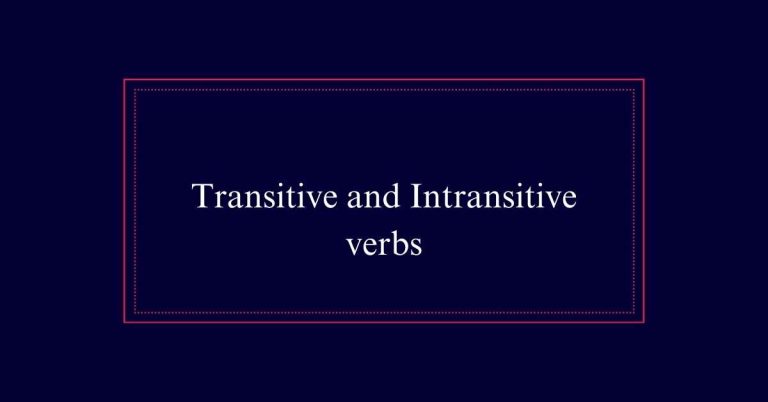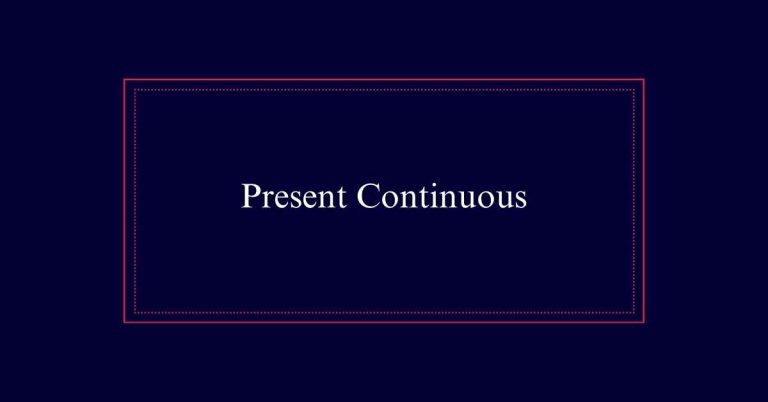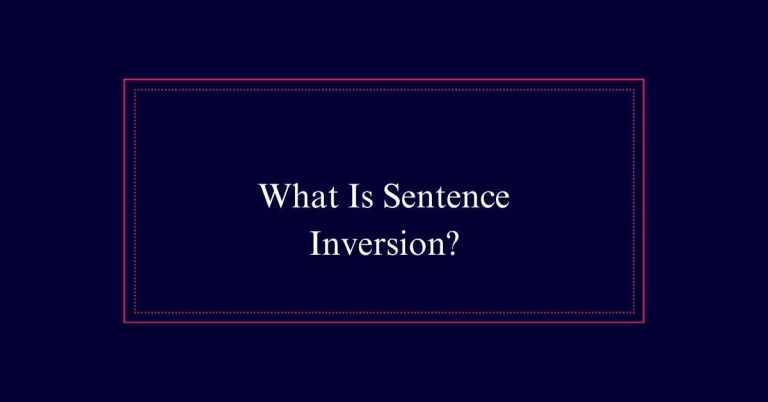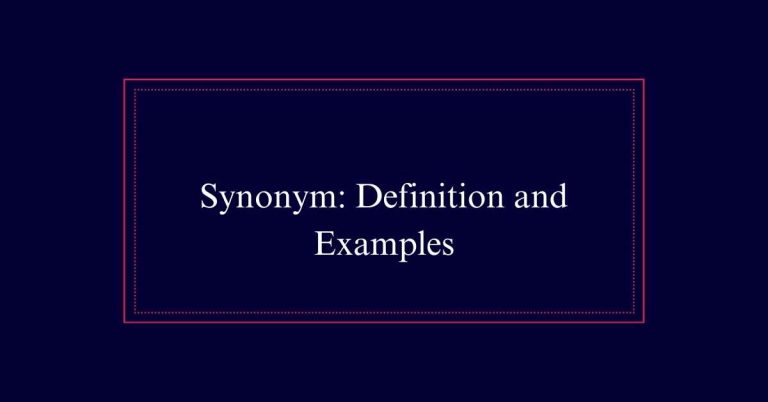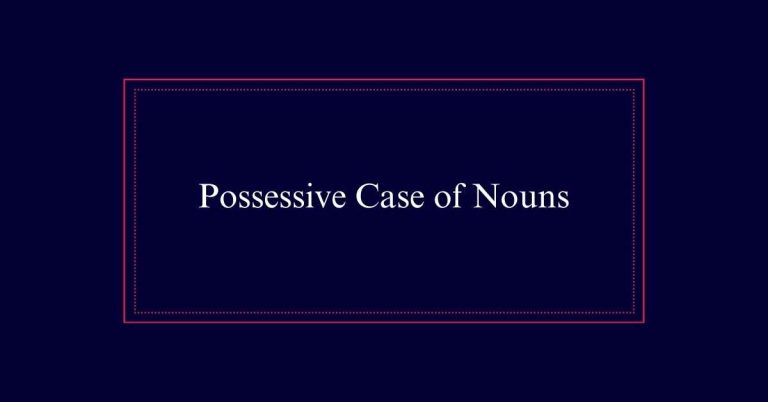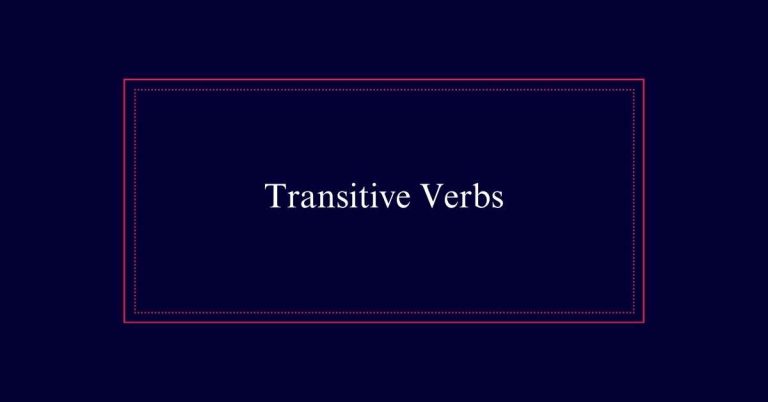What Is a Complex Sentence?
A complex sentence contains one independent clause and at least one dependent clause. The independent clause can stand alone, while the dependent clause cannot and often starts with a subordinating conjunction (e.g., because, although, if). This type of sentence adds depth and context by showing relationships between ideas.
Definition of Complex Sentences
A complex sentence is a sentence that contains one independent clause and at least one dependent clause. The independent clause can stand alone, while the dependent clause cannot.
Dependent clauses start with subordinating conjunctions such as ‘because,’ ‘since,’ or ‘until.‘ These conjunctions link the dependent clause to the independent clause, adding depth and context. Complex sentences are essential for expressing detailed and nuanced ideas. They allow writers to show relationships between different pieces of information.
For instance, ‘She went to the store because she needed groceries’ is a complex sentence where the dependent clause explains the reason for the action.
Structure of Complex Sentences
The structure of complex sentences hinges on the interplay between independent and dependent clauses.
An independent clause can stand alone as a complete sentence, while a dependent clause cannot. The dependent clause provides additional information that complements the main idea of the independent clause. It typically begins with a subordinating conjunction, which links the two clauses together.
The dependent clause can come either before or after the independent clause. When the dependent clause precedes the independent clause, a comma is used to separate them. However, if the independent clause comes first, no comma is needed.
Subordinating Conjunctions
Subordinating conjunctions frequently serve as the glue that binds independent and dependent clauses together in complex sentences. These conjunctions introduce dependent clauses and show the relationship between the two clauses.
Common subordinating conjunctions include ‘because,’ ‘since,’ ‘although,’ ‘if,’ and ‘when.’ For instance, in the sentence, ‘I stayed home because it was raining,’ the word ‘because’ connects the reason (dependent clause) to the main action (independent clause).
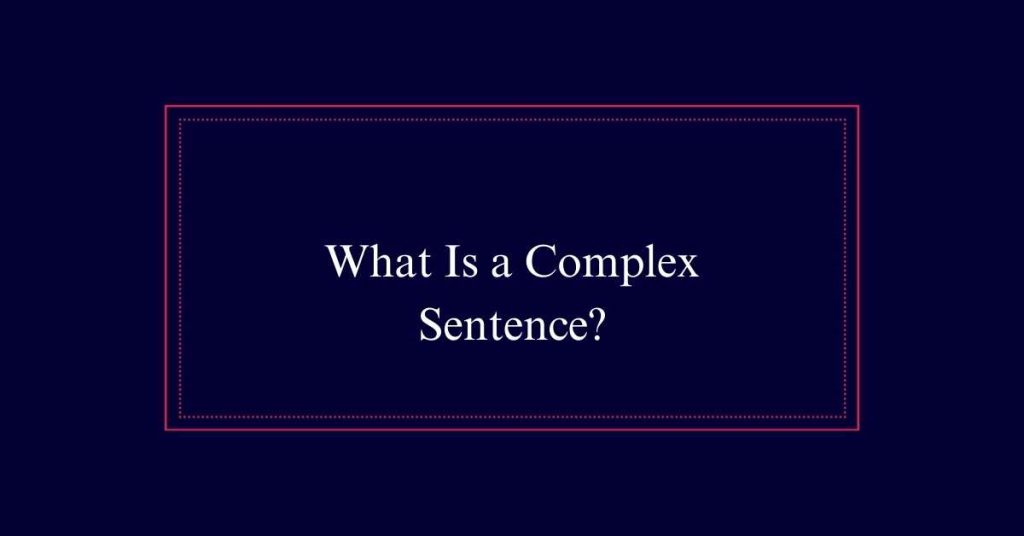
Using subordinating conjunctions helps clarify the relationship between ideas in a sentence. They indicate cause, time, condition, contrast, and purpose. Proper use of these conjunctions can enhance the flow and coherence of writing.
Independent Clauses Explained
Understanding subordinating conjunctions is just one part of mastering complex sentences; now let’s explore the role of independent clauses.
An independent clause is a group of words that contains a subject and a predicate. It expresses a complete thought and can stand alone as a sentence. For example, ‘She enjoys reading’ is an independent clause because it is complete and meaningful on its own.
Independent clauses are essential in complex sentences because they provide the primary information. When combined with a dependent clause, they form a complex sentence. This combination adds depth and detail to writing.
Dependent Clauses Explained
Dependent clauses add complexity and nuance to sentences by providing additional context. Unlike independent clauses, dependent clauses cannot stand alone. They rely on an independent clause to form a complete thought.
| Feature | Example |
|---|---|
| Starting Word | Although, because |
| Incomplete Sentence | “Although he was tired” |
| Needs Independent | “He went to work” |
Dependent clauses begin with subordinating conjunctions such as “because,” “although,” and “since.” These conjunctions link the dependent clause to the independent clause, adding meaning and detail. For instance, “Although it was raining” needs an independent clause like “we went hiking” to make sense. Together, they form a complex sentence: “Although it was raining, we went hiking.”
Complex Vs. Simple Sentences
Building on the role of dependent clauses, it’s important to understand how complex sentences differ from simple sentences. Simple sentences contain only one independent clause, making them straightforward and easy to understand.
In contrast, complex sentences include one independent clause and at least one dependent clause, which provides additional context or details.
Key differences include:
- Structure: Simple sentences have one clause; complex sentences have multiple clauses.
- Detail: Complex sentences add depth by connecting related ideas.
- Subordination: Complex sentences use subordinating conjunctions (e.g., because, since) to join clauses.
- Purpose: Simple sentences convey single thoughts; complex sentences show relationships between ideas.
Forming Complex Sentences
Forming complex sentences involves combining an independent clause with at least one dependent clause using a subordinating conjunction. This structure adds depth and clarity to your writing.
Common subordinating conjunctions include words like ‘because,’ ‘since,’ and ‘although.’ For example, ‘I stayed home because it was raining.’ Here, ‘I stayed home’ is the independent clause, and ‘because it was raining’ is the dependent clause. The subordinating conjunction ‘because’ links the two clauses, showing a cause-and-effect relationship.
Another example is, ‘Although he was tired, he finished his work.’ The dependent clause ‘Although he was tired’ provides context for the independent clause ‘he finished his work.’
Punctuation Rules
When crafting complex sentences, understanding punctuation rules is essential for clarity and readability. The placement of commas can change the meaning of a sentence and guide the reader through your ideas smoothly.
Here are some key punctuation rules to follow:
- If the dependent clause comes first, place a comma between it and the independent clause.
- No comma is needed if the independent clause comes first, followed by the dependent clause.
- Make sure that subordinate conjunctions are correctly placed to maintain the logical flow of the sentence.
- Use commas to separate non-essential information or additional descriptive clauses from the main sentence structure.
Examples in Literature
In literature, complex sentences are often used to add depth and nuance to the narrative.
For instance, in Jane Austen’s ‘Pride and Prejudice,’ the sentence ‘Elizabeth, as they drove along, watched for the first appearance of Pemberley Woods with some perturbation’ illustrates how a dependent clause can provide additional context and emotional insight.
Another example is from F. Scott Fitzgerald’s ‘The Great Gatsby,’ where he writes, ‘As my father snobbishly suggested, and I snobbishly repeat, a sense of the fundamental decencies is parceled out unequally at birth.’
This sentence uses a dependent clause to convey background information and personal reflection. Such structures enrich the text by layering details and enhancing the reader’s understanding of characters and events.
Writing Tips
Mastering complex sentences can greatly enhance the clarity and depth of your writing. To effectively use complex sentences, consider the following tips:
- Choose appropriate subordinating conjunctions: Select conjunctions like ‘because,’ ‘since,’ ‘although,’ and ‘if’ to connect your ideas logically.
- Vary clause order: Place the dependent clause at the beginning or end of your sentence to create different emphases.
- Mind your punctuation: Use a comma when the dependent clause comes first. Skip the comma if the independent clause comes first.
- Practice regularly: Write daily to get comfortable with complex sentence structures and to improve your overall writing style.

